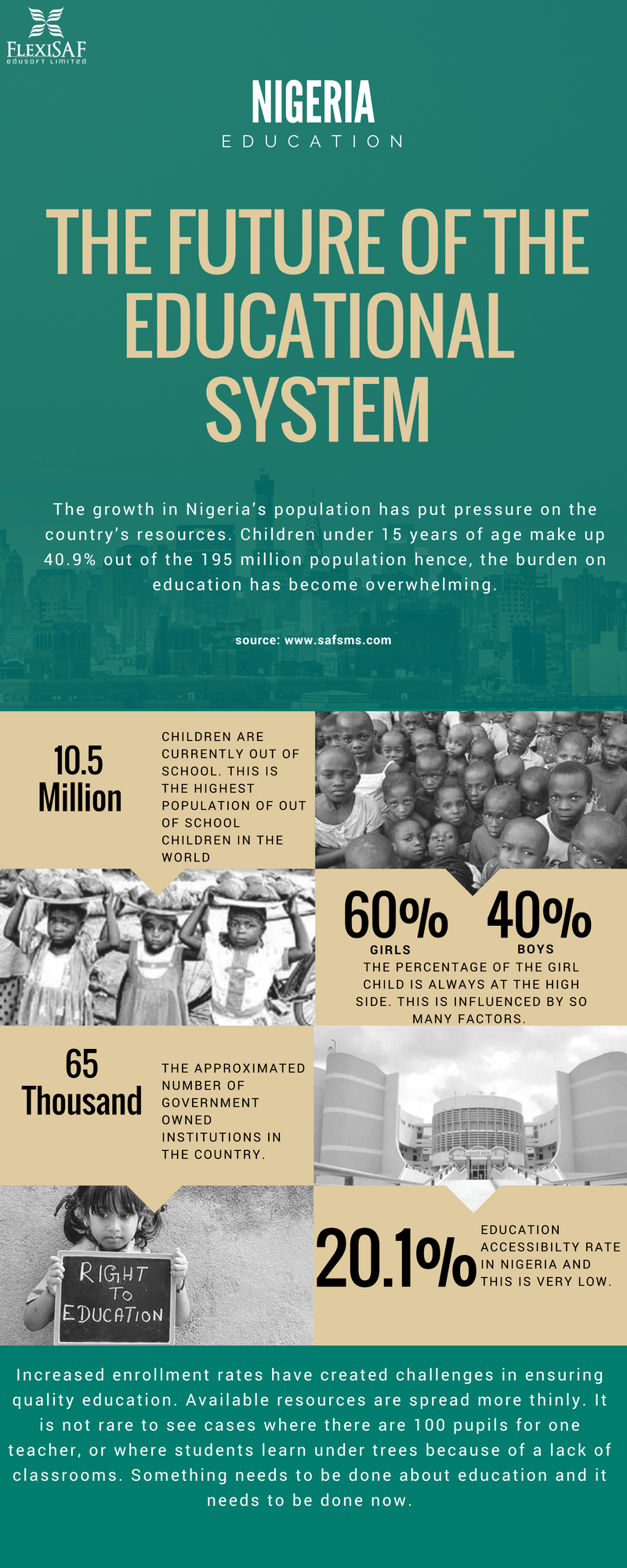Problems Encountered during data collection
As in most surveys, difficulties were encountered during the data collection period, and several of these were similar across countries. One of the common problems encountered by the research teams was the limited time allocated, as the questionnaires were quite long (it took approximately 1-2 hours to complete one questionnaire). The interviewers had to collect primary data from a considerable number of farms in a very short period of time. In addition, the geographical location of the farms presented a difficulty, as many of them were sparsely distributed in remote areas of the provinces. For example, in Brazil, access to farms was a problem because most of the farms were located as far as 17 kilometers away from municipal, state, or federal roads.
Generally all country teams encountered reluctance on the part of farm decision-makers to cooperate and share information with the interviewers. This was one of the reasons why the planned number of samples was not met. There were also several instances when the respondents, especially those with very large farms, failed to keep their initial interview appointments with the research team after all the arrangements had been made. They were either out of the office or farm, or simply changed their minds and refused outright to be interviewed. A second round of appointments was therefore required. Extreme difficulty was also experienced in obtaining permission to interview decision-makers in large commercial farms.
For instance, in Thailand, some of the medium and large farms refused to participate without prior appointment, and some gave vague answers and figures, underestimating values especially concerning sales and profits (showing business loss over the years), because of fear that revealed information might be used against them as grounds for tax fraudulence charges. Some were hesitant to share information because their integrators prohibit them from exposing it (particularly data on capital investment, costs, and returns) to the interviewers. In such cases, interviewers had to look for replacements in order to meet the targeted number of respondents. Small-scale farmers, on the other hand, were very much willing to share information, but had difficulty in recalling some of it, as they generally do not keep records of their expenditures and costs. Respondents' difficulty in recalling information was a general problem in all study sites.
In particular, obtaining data on feed costs was problematic because farmers were cautious in revealing the actual mix of ingredients they use for feeds (in the case of broilers, layers, and swine). It was also difficult to calculate feed costs for dairy because some farms would let cattle graze on open field.
It was difficult to find a sufficient sample for different types of management, such as independents and contracts, since in some countries one or the other dominates. In Thailand, independent layer producers dominated; in India, there were no contracts for layers. In the Philippines, hog contract growers were concentrated in one or two provinces, large independent commercial broiler farms were difficult to identify and locate because of outdated lists, and small independents were extremely small (up to only 100 birds). In Brazil, contract and commercial broiler growers were prevalent; while in India, there was no up-to-date information on the population of poultry farms, making it difficult to select appropriate samples.

















No comments:
Post a Comment